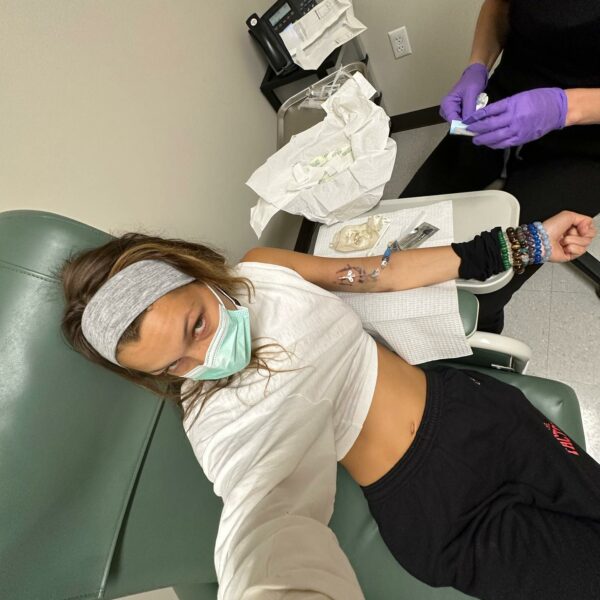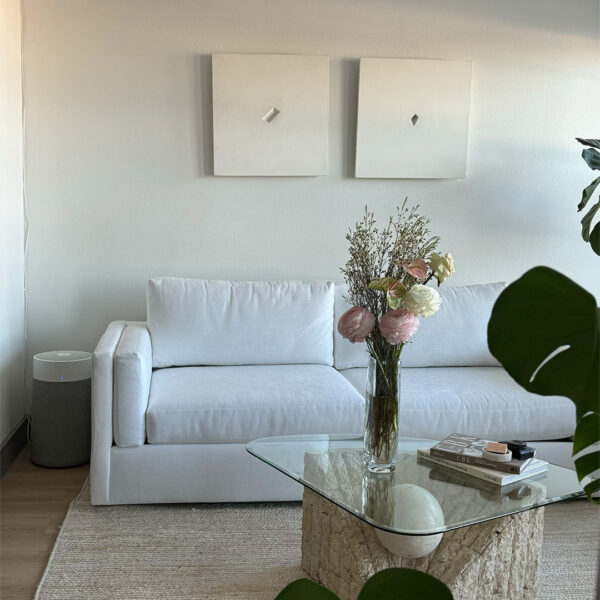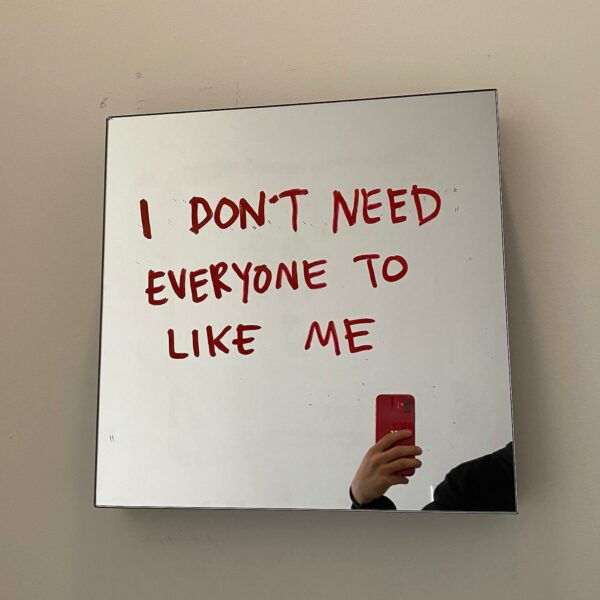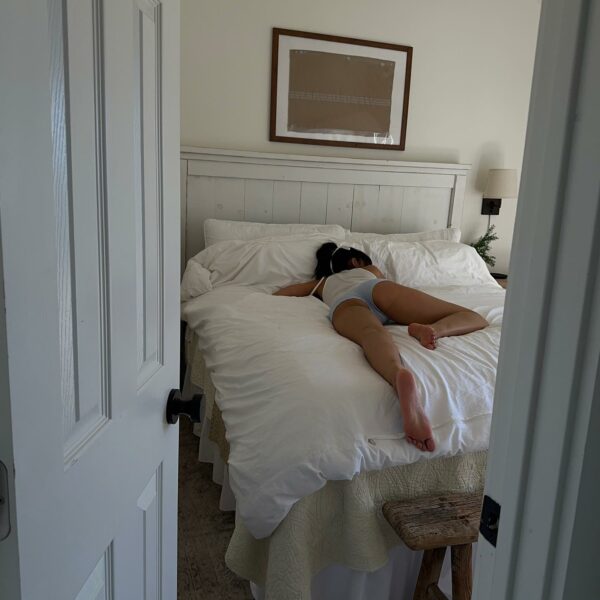The panic of forgetting your phone at home is a distinctly “this century” problem. It’s uncomfy even if you weren’t really planning on using it. It feels like the moment you remember that the skirt you ransacked your closet for to complete a killer outfit is the one you already gave away.
So yeah, many of us are a little addicted to our smartphones—specifically, the digital media we consume on them. How bad is this for our brains, though?
“Digital media is not all or none. It is here to improve and enhance our lives if we make the effort to be mindful about how we are using it,” says sleep neurologist and Ozlo Sleep Medical Advisory board member, Meredith Broderick, MD.
Below, she explains how digital media affects the brain, and shares tips for using your screen time more mindfully.
How does digital media affect the brain?
“Since the turn of the millennium, behavioral (as opposed to substance) addictions have soared,” writes The Guardian. “Every spare second is an opportunity to be stimulated, whether by entering the TikTok vortex, scrolling Instagram, swiping through Tinder, or binging on porn, online gambling, and e-shopping.” This is partly due to dopamine.
As we previously wrote, “In terms of our reward pathways, when we do something that’s perceived as pleasurable, dopamine says, ‘Hey, we should do that again.’ It tells your brain to repeat a behavior that brings pleasure, rather than directly causing the pleasure.” The dopamine bursts we get from social media can actually make it addictive.
Here are a few more ways that consuming digital media affects our brains:
- Sleep problems:
“Computers and phones emit blue light that suppresses melatonin secretion and may disrupt our circadian rhythms, which reduces sleep duration and sleep quality,” she says.
Plus, scrolling through an app like TikTok can actually be addictive, which can play a role in “revenge bedtime procrastination.”
- Social isolation:
“One of the main drawbacks of using social media platforms is linked to social isolation, which may impede social connection,” Dr. Meredith says. “Studies have also shown that time away from screens improves emotional and social intelligence.”
- Stronger brain circuits:
Yes, this one’s a positive. “Some research has shown that searching online is a form of mental exercise that may strengthen brain circuits,” she says.
“Remember that the effect of spending time on a screen isn’t just about the time spent on the screen. It’s also about the time not spent doing other things, like interacting and connecting with others, reading, physical activity, and experiencing nature,” she adds.
Are there any benefits of digital media?
It’s not all bad!
“Digital media provides opportunities to access resources like telehealth services,” Dr. Meredith says. “It can also be used to strengthen cognitive skills with training and neural exercise programs.” She also says digital media can be educational “when it is directed and guided by adults/parents.”
Additionally, “digital media apps like the one created by Ozlo Sleep can deliver health solutions to people living with problems like sleep disturbances and tinnitus,” she says.
How can we be more mindful of our screen time?
There are both positive and negative aspects of digital media, which is why it is important to be mindful of how we are using our screen time. According to Dr. Meredith, “Setting time limits and having healthy boundaries around digital media consumption can look like:
- Scheduling allowed times, such as only checking social media once in the morning, at lunch, and then again in the evening.
- Setting a time limit for an app, like 30 minutes per day.
- Shutting down electronics two hours before bedtime, which massively benefits sleep quality.
If you have a hard time with #3, you can shift to audio-only media in the evening. This gives the visual system a break by transitioning to something like music.”
Shop our calming collection:
Up next, be the first to know our weekly content and sign up for our Poosh newsletter.
The content provided in this article is provided for information purposes only and is not a substitute for professional advice and consultation, including professional medical advice and consultation; it is provided with the understanding that Poosh, LLC (“Poosh”) is not engaged in the provision or rendering of medical advice or services. The opinions and content included in the article are the views of the author only, and Poosh does not endorse or recommend any such content or information, or any product or service mentioned in the article. You understand and agree that Poosh shall not be liable for any claim, loss, or damage arising out of the use of, or reliance upon any content or information in the article.






































